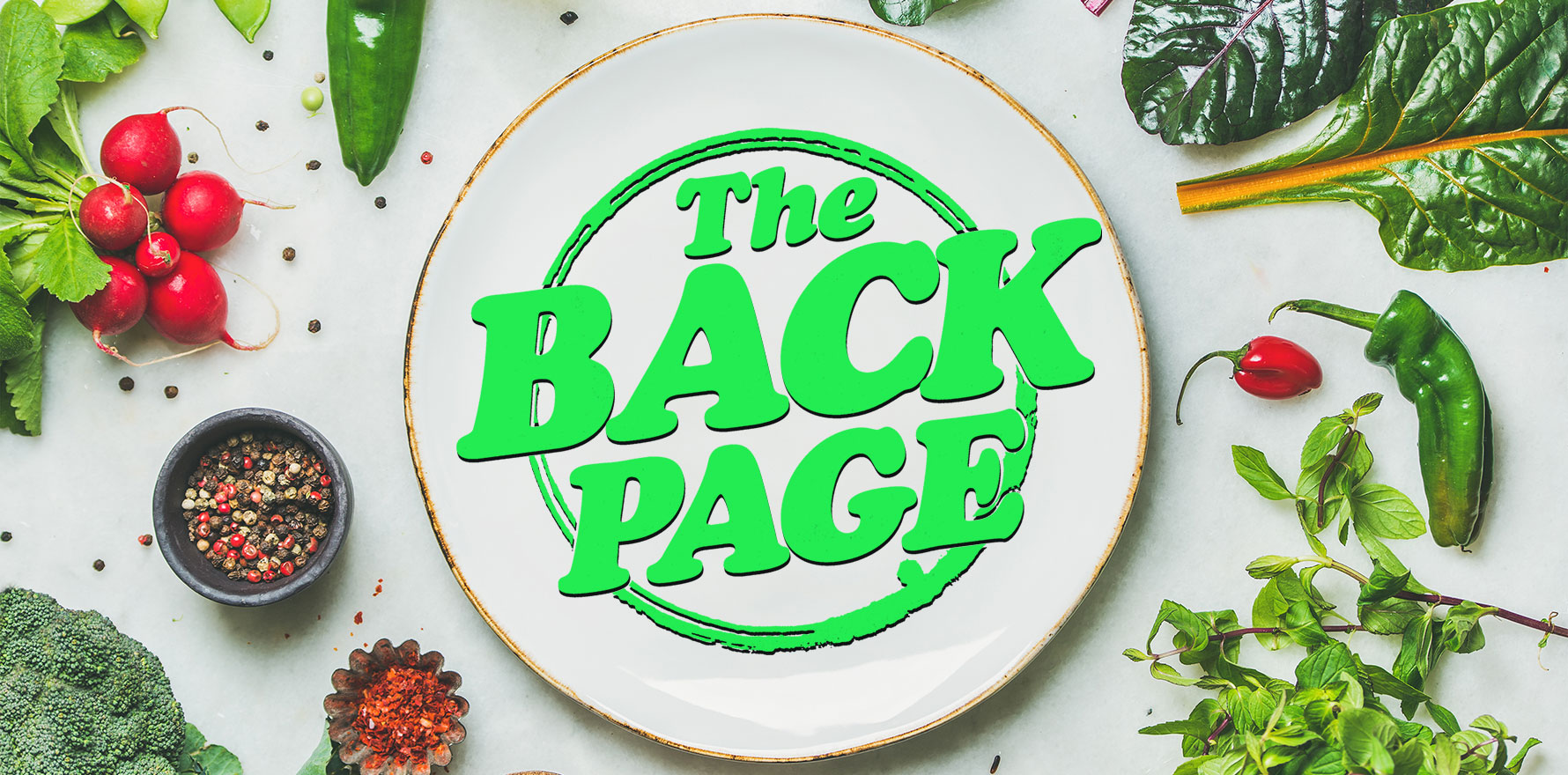According to a big meta-meta-analysis, vegans and vegetarians will laugh longest.
A new umbrella review, or what the Back Page thinks of as One Review to Review Them All, has found significant health benefits from eschewing flesh instead of chewing it.
The University of Bologna-led authors of the study, published in PLoS ONE, set out to find an overview of plant-based diets’ effect on our biggest killers: cardiometabolic diseases and cancers.
That involved trawling through 23 years of research to come up with 49 reviews and meta-analyses of meat-free and animal-product-free diets (sorry, pescatarians, no dice) and their associations with cardiovascular risk factors, pregnancy outcomes, cancers and related mortality.
On pregnancy outcomes, specifically gestational diabetes, hypertension and birth weight, they found no advantage for vegans and vegetarians.
They found benefits, with very few exceptions, almost everywhere else: blood pressure, total and LDL cholesterol, inflammation (CRP levels), lipid profiles, body weight and BMI, fasting blood glucose and diabetes risk.
There was significantly less cancer in vegans and vegetarians, particularly GI cancers; but in one review the significance largely went away when sociodemographic and lifestyle variables were adjusted for.
Many people on plant-based diets “are more prone to engage in healthy lifestyles that include regular physical activity, reduction/avoidance of sugar-sweetened beverages, alcohol and tobacco, that, in association with previously mentioned modification of diet, lead to the reduction of the risk of ischemic heart disease and related mortality, and, to a lesser extent, of other CVDs”, the authors say.
Results were mixed, modest or negative for cardiovascular events, HDL cholesterol and serum triglycerides.
Depending how you slice it up, CV and cancer deaths were lower on vegan and vegetarian diets.
The big limitation was the quality of the primary studies, which was rated “average”, and their vast heterogeneity, which makes the results hard to summarise accurately. You have to read the fine print.
The reduction in colorectal cancers could be explained, the authors say, by increased risk from meat, protective effects of more fruit and vegetables – partly through reduced hyperinsulinaemia – and reduced body weight.
Despite the fairly clear signal, the authors note the dangers of unbalanced or extremely restrictive diets, such as vitamin B-12 deficiency, and recommend caution before advising people to go vegan or vegetarian.
The Back Page household had dallied with vegetarianism in years past and finally dropped all red meat a few years ago, but it was nothing to do with our health – it came after walking the Hadrian’s Wall Path across England for a week, during which we looked far too many livestock in the eye.
Purging all animal products from our diet is almost certainly the right thing to do, but very hard. The results of this study are strong, but the flesh is weak.
Send vegan recipes to penny@medicalrepublic.com.au.


